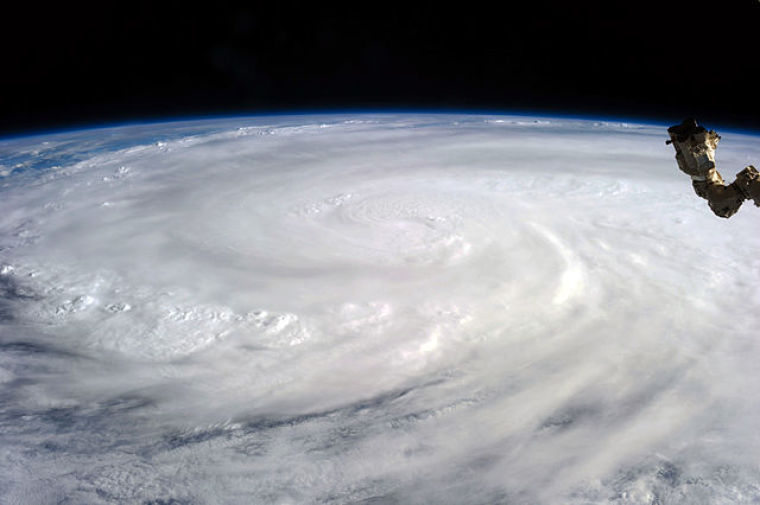

A statement released by Foreign Minister Julie Bishop's office has outlined Australia's commitment to the relief efforts in the Philippines after Typhoon Hagupit, locally referred to as "Ruby", struck on Saturday. Hagupit made landfall in the same area of the central Philippines devastated by super typhoon Haiyan in December 2013. In addition to heavy rain, winds stronger than 150mph (200kph) were registered.
Fortunately for the Filipino people, emergency services used the Haiyan experience to respond in a timely manner, as homes were emptied during a massive evacuation process prior to Hagupit's arrival. While Hagupit is the strongest typhoon to hit the Philippines in 2014, its magnitude is minor in comparison to the havoc wreaked by the super typhoon. However, reports of the damage are still significant.
According to the Philippines Country Representative at The Asia Foundation, Steven Rood, the province of Eastern Samar was the worst affected, with the municipalities of Barongan and Delores particularly hard hit. Mr Rood informed the media on Tuesday that around a billion pesos (A$27 million) worth of agricultural crops—mainly rice—are ruined.
In terms of the Filipino population, the Reuters news agency reported that, by sundown on Tuesday:
- 13,000 houses had been crushed
- 22,300 houses are damaged
- 35 people have been reported dead, but only 22 of these can be confirmed.
- The official government death toll stands at 8.
- The National Grid Corporation registered just under 2 million homes without power.
Also on Tuesday, travel within the Philippines had resumed, markets reopened for business and state employees returned to work. Meanwhile, two military planes continued to provide food, water and relief supplies. Images from the Asian office of the BBC revealed a united community in the face of adversity.
Australian government representatives, who were deployed after news of the typhoon was released, are working in partnership with the Filipino government and local agencies to assess the extent of the damage. Additionally, the Abbott government's links with the World Food Programme will lead to the delivery of 800 metric tonnes of rice.